VU MIF goes to “Comic-Con Baltics 2024" Festival
Vilnius University (VU) invites everyone to this year's Comic-Con Baltics, the biggest festival of popular culture. It promises to show what science, fiction and animation have in common. The event will take place from 24 to 26 May.








